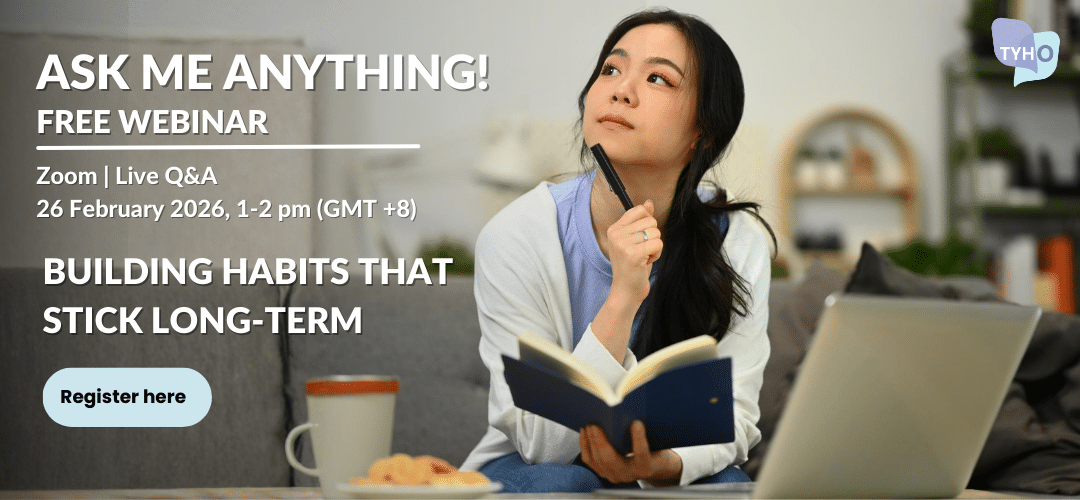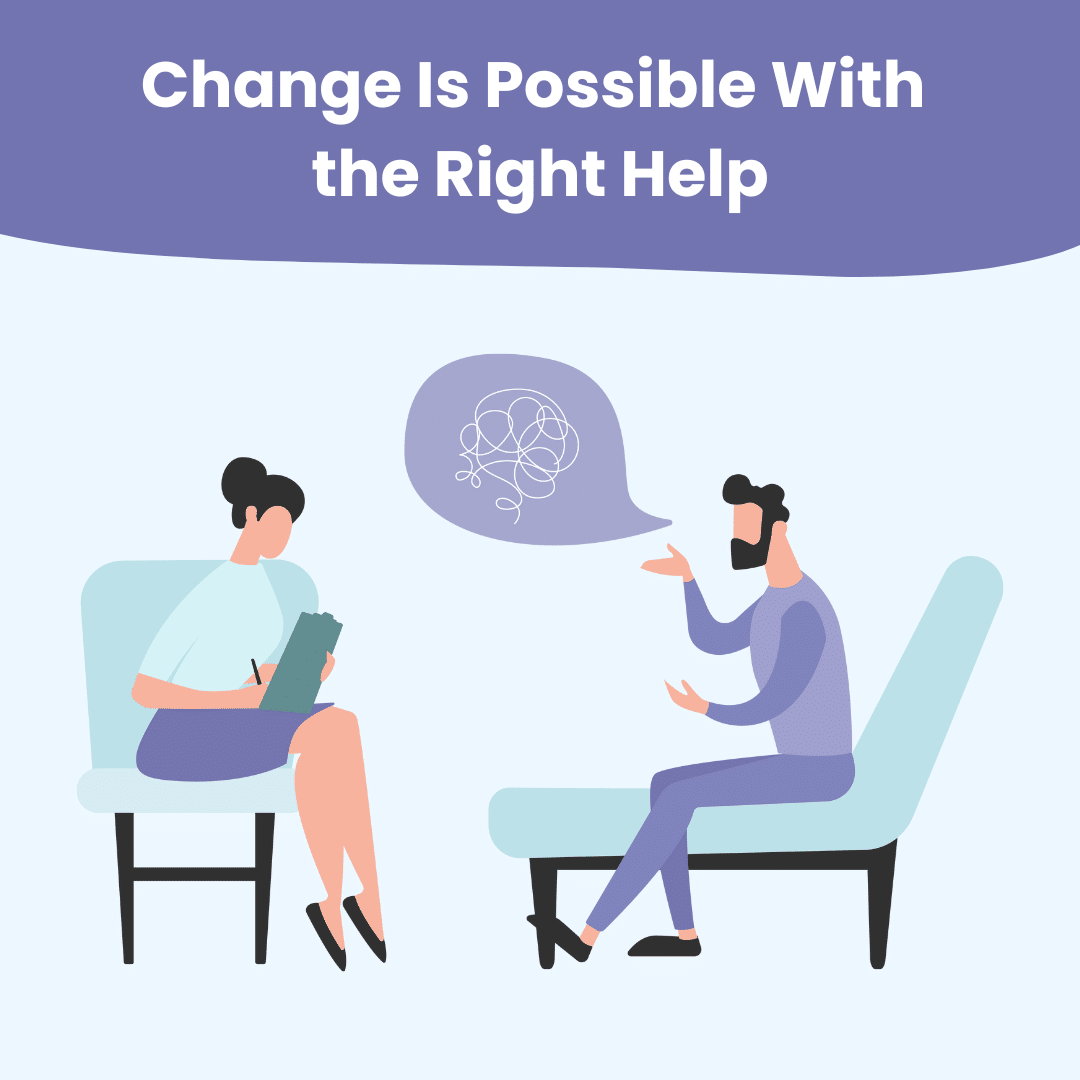
- Updated on 19 July 2024
Depression may first start as sadness. When we feel sad, we may shut down and find ourselves unable to cope with issues. Eventually, we may just feel numb and empty.
We may all feel low, frustrated, or fed up at times. These feelings often occur due to a particular situation in life and may pass on their own.
After all, feelings and thoughts are often fleeting, aren’t they?
But if your feelings become so bad that they significantly affect your lifestyle, it might be depression. It can get hard to live with depression, especially if it lasts for several weeks or months.
In this article, we address if depression is a mental illness, types of depression, and ways you can seek support if you have the condition.
Is Depression a Mental Illness?
‘Is depression a mental illness?’ is a question you may have, especially if you feel alone in your experience.
In Malaysia alone, nearly 18.6% of people have moderate to extremely severe depression. Hence, know that you are not alone, and help is available.
Depression is considered a mental illness, and the condition may get severe without the right social and mental health support.
Common symptoms of depression include:
- Feelings of sadness and loss
- Loss of interest in previously enjoyed activities
- Self-loathing
- Loss of self-esteem
- Mood swings or lack of concentration
- Brain fog (eg forgetfulness or lack of mental clarity)
Symptoms of depression manifest in people in different ways. For example, some may struggle with lower productivity or procrastination, while others may deal with relationship misunderstandings and conflicts.
Depression can trigger the symptoms of other related mental and physical health conditions, such as:
- Anxiety
- ADHD
- OCD
- Bipolar disorder
- Arthritis
- Thyroid
- Cancer
- Asthma
- Obesity

Depression Is Different from Sadness
Being sad is often not the same as having depression.
It is normal for sadness to develop in situations such as heartbreak, arguments, or job loss.
However, what differentiates sadness from depression is the duration and influence of symptoms in daily life.
In sadness, the feelings come in waves, often intermixed with positive memories or hints of hope and desire.
In depression, the general desire in life and mood are affected for a minimum of two weeks. People with depression also feel worthless and hopeless.
More precisely, not everyone who is sad has depression.
How Is Depression Treated?
Depression can be treated through a holistic plan that includes medication, psychotherapy, and self-care strategies.
However, medication is optional. Whether it works for you depends on your medical history, co-existing conditions, doctor’s recommendation, and preference.
Everyone can follow self-care strategies, regardless of the type of treatment plan.
1. Psychotherapy
Psychotherapy, or talk therapy, has been found effective in treating many types of mood disorders.
A therapy session may involve either one or multiple individuals. For example, only one person may talk to a therapist during individual counselling. However, partners can attend sessions together during couples therapy.
At TYHO, counsellors may use interventions such as:
- Cognitive behavioural therapy
- Solution-focused therapy
- Psychodynamic psychotherapy
- Narrative therapy
What works for one person may not necessarily work for another. Hence, to develop a personalised therapeutic plan, you may have an open discussion with your Therapist about the topics below:
- Your preferences
- Presenting problems
- Therapy goals
- Past and current relationships
- Personality type
- Cultural and worldview
Your psychotherapist may use one or multiple interventions (ie eclectic approach) to help you overcome depression.
2. Self-Care Strategies

There are several evidence-based self-care strategies that you can follow to reduce the symptoms of depression.
For many, regular exercise, a healthy diet, and a positive mindset can improve mood. However, others may need more specific strategies to overcome painful symptoms.
Some tools may not be possible to use now or may not be very helpful. Hence, try a few different techniques to see what helps you the best.
Below are some general self-care tips you can follow to get started:
- Open up to someone you trust
- Try joining peer support groups
- Try mindfulness or meditation for 5 minutes every morning
- Journal your thoughts and feelings every night
- Spend quality time in nature
- Keep a dairy and track your mood to observe what tools work for you
- Give more importance to your hobbies and try finding something you love doing
Depression is a mental illness, and living with one can be a hard experience.
Remember that you can manage depression with the right and quality mental health care. Reach out to us today to address and overcome symptoms of depression.
Takeaway
Feeling sad is normal, but when sadness turns into a prolonged sense of numbness and emptiness, it might be depression. Depression affects your daily life, making you feel worthless and hopeless for at least two weeks.
It’s different from sadness, which usually comes in waves and is mixed with positive moments. Depression can trigger other health conditions like anxiety, ADHD, and bipolar disorder.
Treatment often includes psychotherapy, such as cognitive behavioural therapy, and self-care strategies, like regular exercise, healthy eating, and mindfulness. Remember, depression is a mental illness, but with the right support, it can be managed.

Related Articles
Latest Articles
Recent Posts
- A Therapist’s Guide to Setting Boundaries with Parents
- Anger Management in Singapore: Top 6 Benefits
- Individual vs Group Counselling in Singapore: What’s Right for You?
- Thinking of Switching Your Therapist in Singapore? Read This First
- How Counselling in Singapore Can Help You Overcome Dating Anxiety



